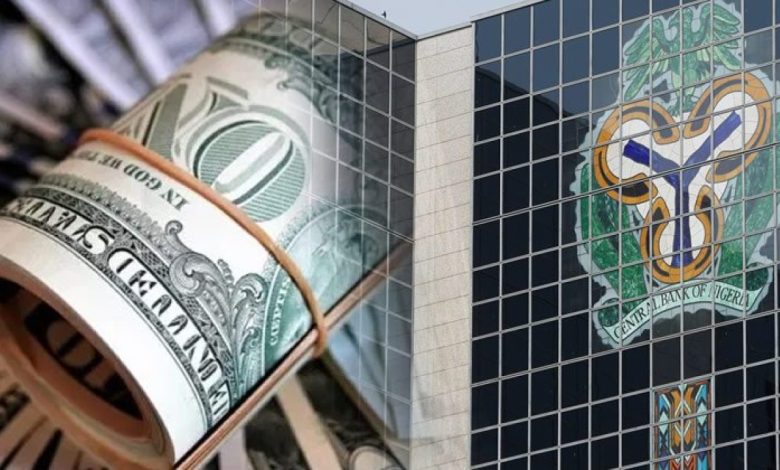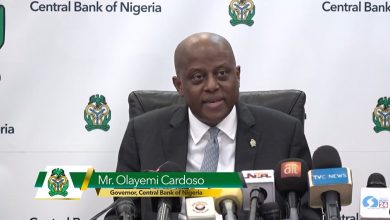CBN directs BDCs to sell dollar at N1,269

The Central Bank of Nigeria has disclosed that it will be allocating $10,000 to each Bureau de Change operator at N1,251/$.
This was contained in a circular made available to the media and signed by the bank’s Director, Trade and Exchange Department, Dr Hassan Mahmud on Monday.
The apex bank directed each BDC to sell the dollars to eligible customers at a rate not exceeding 1.5 per cent above the purchase price, implying the BDCs are not expected to sell above N1,269/$1.
On July 27, 2021, the CBN discontinued the sale of foreign exchange to BDCs, accusing them of trading FX wholesale amounts greater than $5,000, in contravention of their licences, and Nigeria’s FX regulations.
This comes more than two years after the suspended former CBN Governor, Godwin Emefiele, stopped the sales of foreign exchange to BDC operators.
The naira maintained a steady appreciation against the United States dollar on Monday, gaining N14 to close at 1,408/$ at the official market.
The circular read in part, “We refer to our letter to you referenced TED/DIR/CON/GOM/001/071 in respect of the above subject, wherein the CB approved a second tranche of the sale of FX to eligible BDCs.
“We write to inform you of the sale of $10,000 to each BDC at the rate of N1,251/$1. The BDCs are to sell to eligible end users at a spread of not more than 1.5 percent above the purchase price.”
Last month, the CBN Governor, Olayemi Cardoso, outlined a comprehensive strategy aimed at curbing inflation, stabilising the exchange rate, and instilling confidence in the country’s banking system and economy.
Through last month’s Monetary Policy Committee meeting and a conference call with foreign portfolio investors, the central bank set expectations for sustained growth in the country’s foreign currency reserves and improved liquidity in the foreign exchange market.
“All the different measures we have taken to boost reserves and create more liquidity in the markets have started to pay off,” Cardoso said.
Analysts said that when a central bank enhances liquidity, it injects more money into the financial system, to help stabilise the foreign exchange market by providing more funds for buying and selling currencies.
The former Chief Economist of Zenith Bank, Marcel Okeke, told The PUNCH recently that Nigeria needed more dollar supply to boost the economy.





